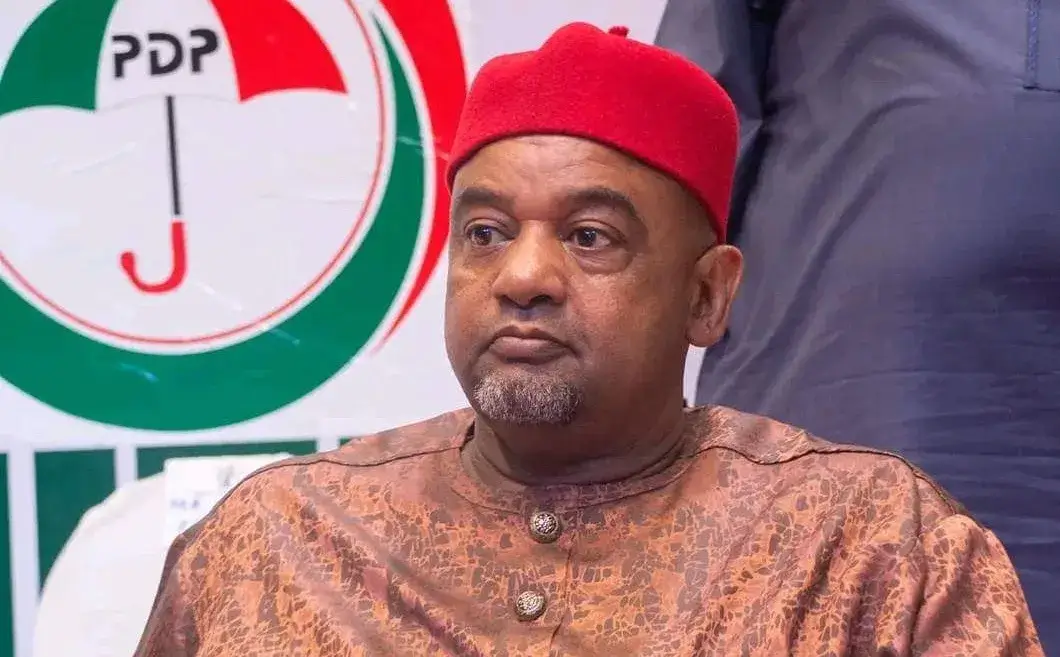ARTICLE AD
The Optimistic Outlook Empowerment Initiative for Niger Delta has called on the Federal Government to prioritise the development and welfare of the region.
The Executive Director of Optimistic Outlook Empowerment Initiative for Niger Delta, Mr Somi Uranta, in a statement on Thursday, warned that neglecting the Niger Delta could rekindle unrest among youths, which had historically disrupted Nigeria’s oil production and economy.
Uranta criticised the recent decision to dissolve the Ministry of Niger Delta Affairs, established by the late President Umaru Yar’Adua to address the specific needs of the region, saying it symbolised a lack of respect for Niger Delta residents.
He emphasised that the wealth generated from the Niger Delta’s oil resources sustained Nigeria’s economy, making it critical to support the region’s infrastructure and local communities.
“There is a unique difficulty in constructing infrastructure in the Niger Delta due to its terrain. The roads and buildings cost significantly more to construct in the swampy environment compared to other parts of the country.
“If you want to build a two-kilometre road here, you would need seven times the budget used elsewhere in Nigeria,” he added.
Uranta underscored the importance of infrastructure, such as rail lines and accessible road networks, to connect Niger Delta communities with other parts of Nigeria.
Noting that nearly every other region in Nigeria had a railway network, he called for similar investments in the Niger Delta to alleviate travel hardships and boost economic opportunities.
The activist noted that while the Ministry of Niger Delta Affairs had faced challenges and was not fully effective, it provided a crucial framework for addressing regional concerns.
“Scrapping the ministry outright only restarts our progress at zero. We want the government to focus on making this ministry work effectively, not abandon it altogether,” Uranta said.
He addressed issues stemming from inadequate follow-up on government amnesty programmes, which were designed to rehabilitate former militants.
He argued that failing to provide employment for trained ex-militants had left many jobless, fostering a sense of frustration that could be a catalyst for renewed hostilities.
Reflecting on the economic and environmental tolls of oil extraction, Uranta decried the long-standing pollution and destruction of farmlands and water sources which had upended the livelihoods of many communities.
He decried the rising poverty and despair within the Niger Delta, coupled with the lack of basic amenities like clean drinking water and consistent electricity.
Uranta further urged Niger Delta leaders to be more accountable. He acknowledged that while the Federal Government holds responsibility, regional governors must also be answerable to their citizens by implementing sustainable programmes and initiatives to address youth unemployment and poverty.
Uranta cautioned that disregarding the needs of the Niger Delta was not only unjust but risky for Nigeria’s stability.
He advocated a reversal of the decision to dissolve the ministry and for serious engagement with Niger Delta leaders to foster peace and development.

 2 weeks ago
7
2 weeks ago
7 

